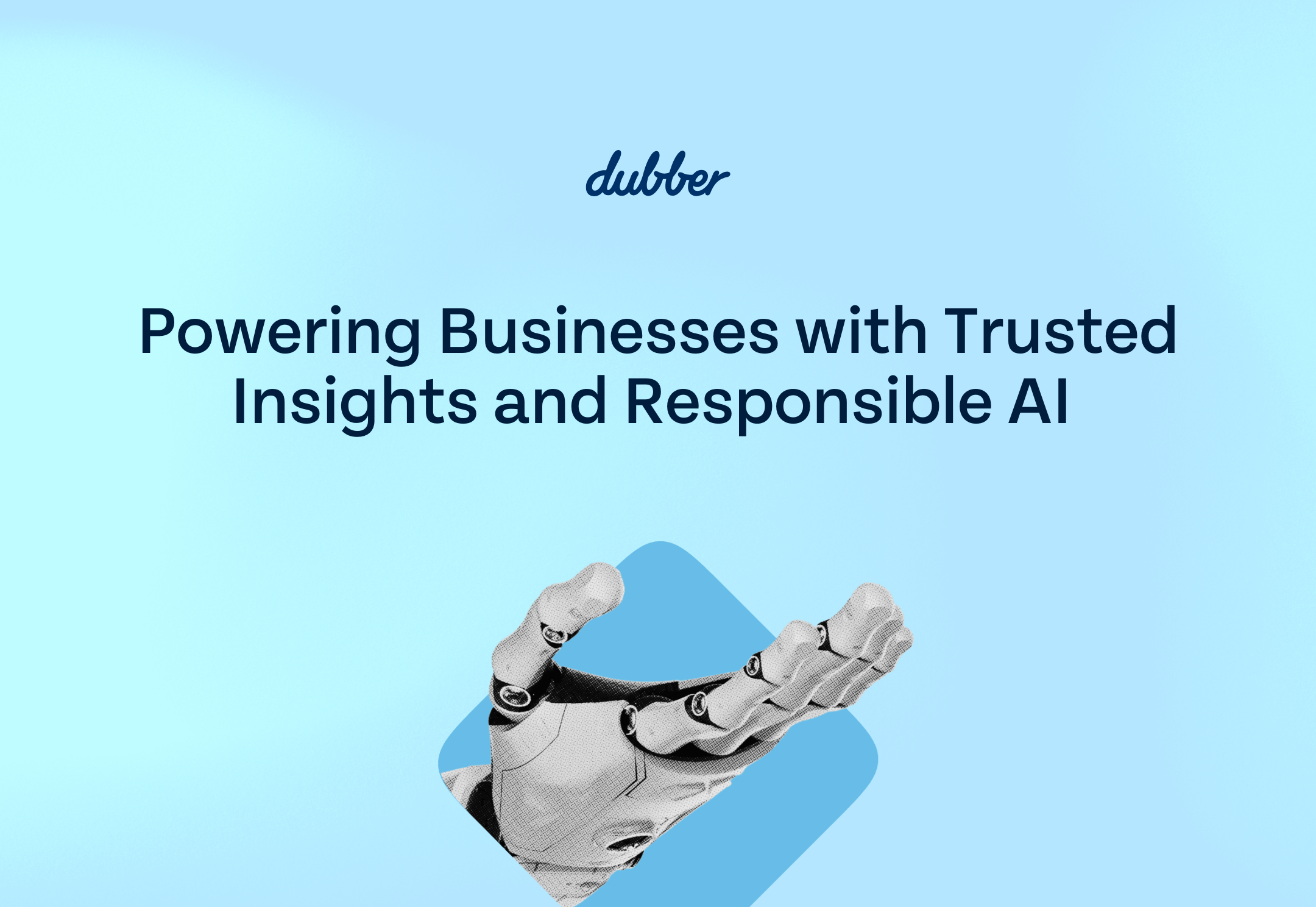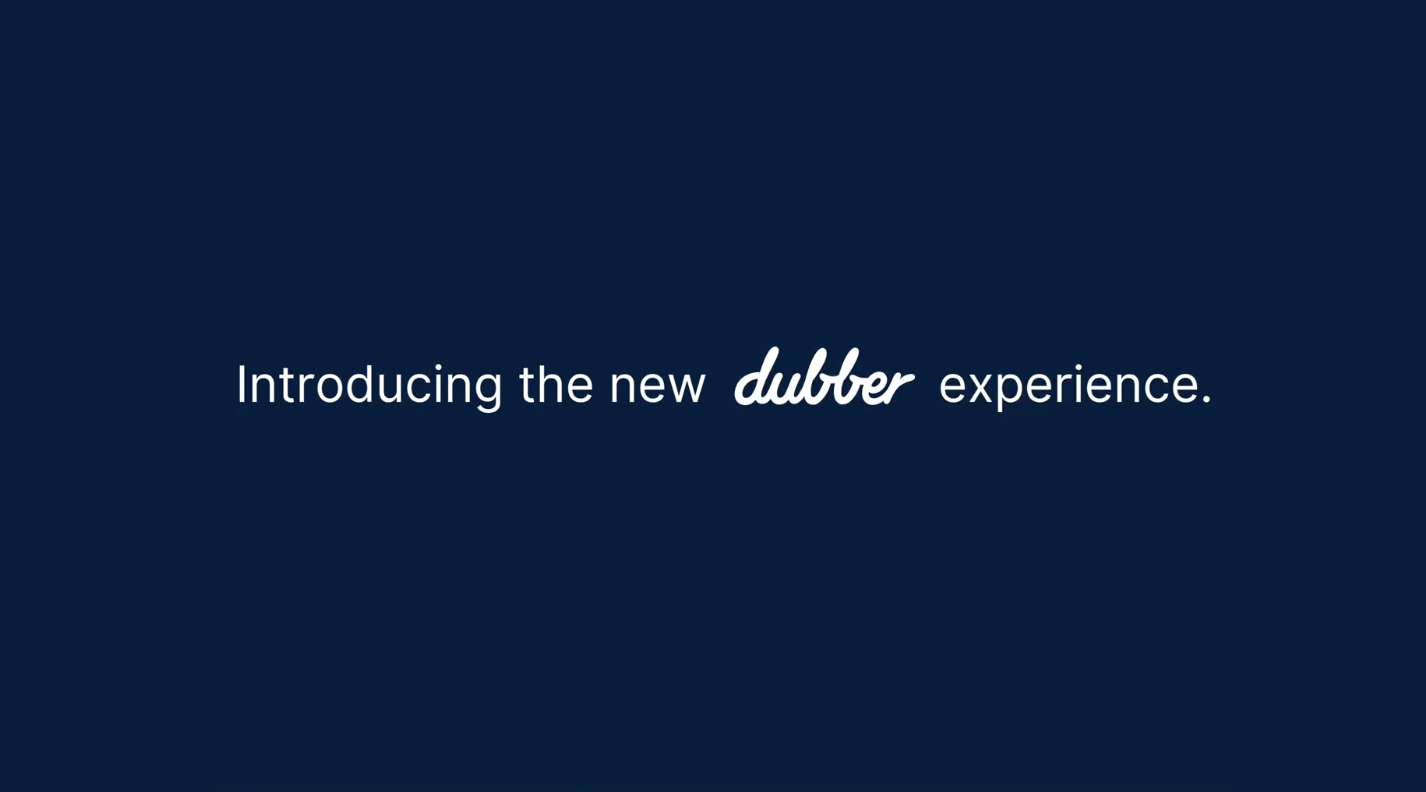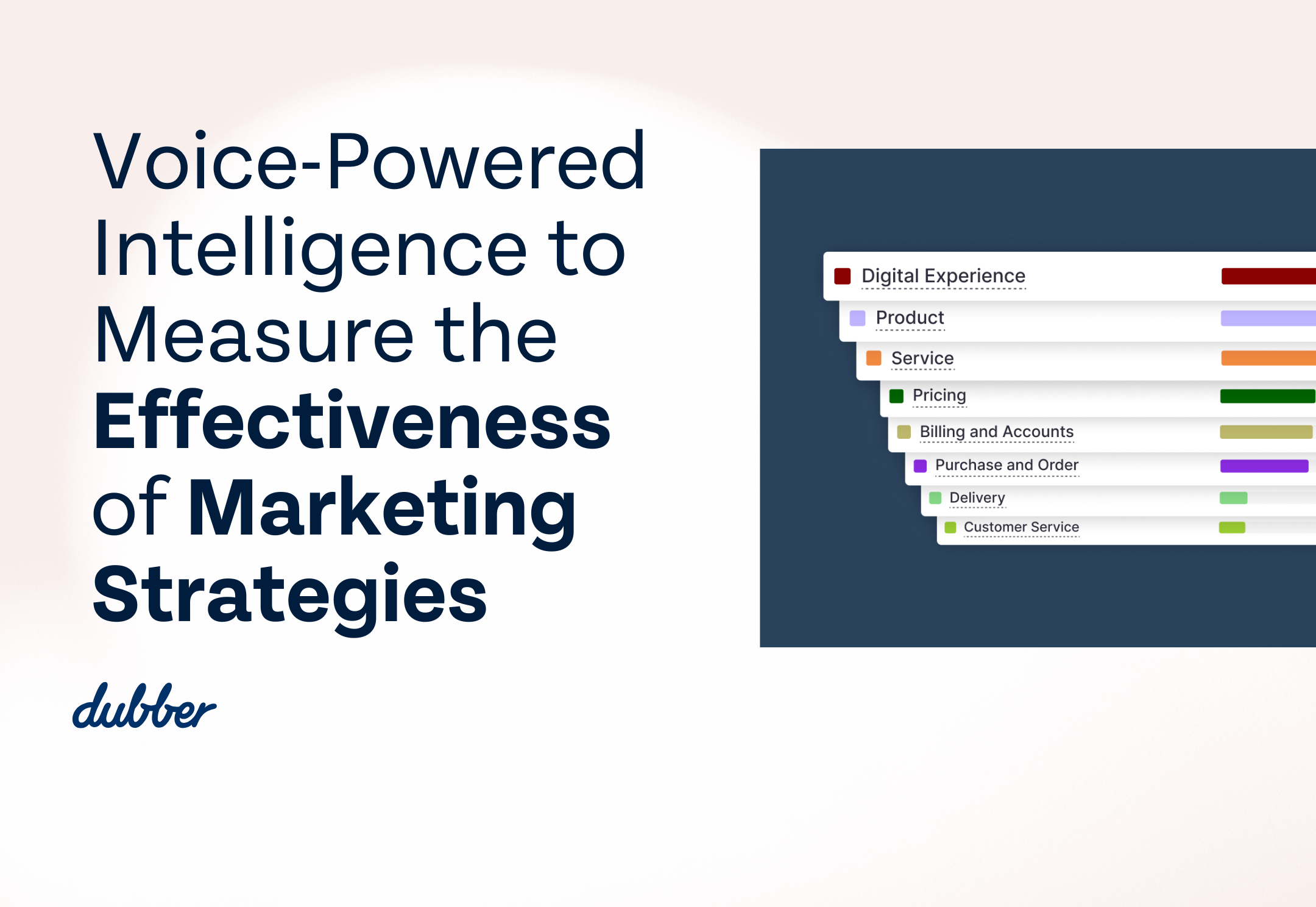

The Telco Voice Data Race
Voice data has been a long ignored or inaccessible pool of business insights critical to addressing compliance, customer experience and business performance. The inability to convert voice-based interactions internally and externally has reduced telecommunication carriers to providing connections. This has precluded them from the data race and using AI to develop new service offerings based on big data sets.
Deloitte found that, in organisations adopting AI, more than 80% of business leaders see AI as “very” or “critically” important to their business success. Some researchers have even predicted that AI could become a “general-purpose technology” – one that will transform every industry and society at large.
The power source of AI is data, and telecommunications service providers have a great opportunity to offer businesses access to this AI fuel. With 92% of all customer interactions happening over the phone, the data being created is vast – but it’s not being used to its full potential. Traditionally, if calls have been recorded at all, the capture of voice data has been limited by on-premise storage. Any data that has been recorded has been siloed and represents only a fraction of the total communications taking place. Not anymore.
Don’t leave voice data out
Businesses surveyed about their AI priorities by PWC stated that their top data challenges were identifying, collecting or aggregating data across their organisation, and integrating AI and analytics systems to gain business insights. Unstructured data, such as recorded calls, was seen as a problem to collect or make sense of. Only 18% of businesses take advantage of this data as part of their AI strategy. This is a significant opportunity for telecommunications service providers to give businesses access to data that has traditionally seemed out of reach.
It is precisely this kind of data that can give a comprehensive view of customers. Executives who say unstructured data is one of the most valuable sources of insights are 24% more likely to have exceeded their business goals, according to a survey by Deloitte. Unfortunately many companies are discovering that understanding customer journeys and making tailored offers is difficult to achieve with traditional premise-based analytics.
Telecommunications service providers have an opportunity to take the conversations happening on their global networks and deliver value from them. Currently telecom networks passively enable the exchange of data, when they could be actively enabling access to the value held within that data. If they don’t act fast, OTT players may make them redundant by building their own networks – Google and Facebook already are.
The call recording backbone for telecommunications
We created Dubber to empower service providers and businesses alike. By recording calls directly on the network, we enable service providers to provide recording and voice AI services for businesses of all sizes. By building our platform in the cloud, we have reduced the cost of data storage by removing the need for expensive proprietary software and hardware.
It’s not just our cloud storage and processing opportunities that make our platform so appealing, but the data modernisation capabilities. We can migrate existing data from on-premise solutions to the cloud to unify the voice data of a business and enable 360o analysis. Data modernisation offers substantial cost savings. 32% of businesses surveyed by Deloitte identified cost and performance as the top drivers for moving to the cloud, with 91% listing cloud platforms as their primary data storage method. Of the remaining 9% that stored their data on premise, nearly all planned to migrate to the cloud.
Removing the technical barriers to AI insights
Making voice data as accessible as possible is one of our passions. Not only do we democratise call recording through our cloud subscription service, with Dubber AI we also make it easy to extract the data held within calls for analysis. Businesses can easily view call information – including full transcripts, sentiment ratings, and tone analysis – to get a real insight into customer satisfaction.
You don’t need to be an expert in data science. Small businesses will be taking their first steps into the world of data and AI and won’t have the technical skills or budgets required to hire data scientists. With the Dubber platform, they can access easy-to-use services (including ready-to-use Google Data Studio templates) that address these shortfalls: all without having to make big upfront investments. By giving access to AI as a service we’re giving all companies the ability to use it now.
And by partnering with telecommunications service providers around the world to democratise access to voice data, all a business has to do is switch the service on.

